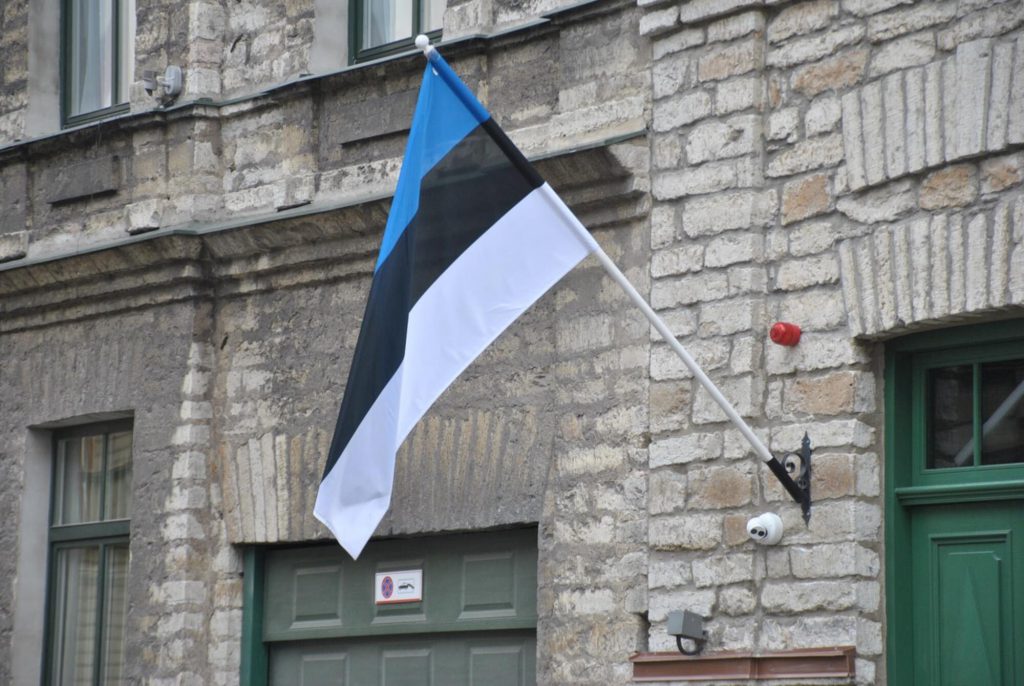Significant migratory flows have been generated to several nations, including Estonia, as a result of the worldwide rise in forced migration. There have been more Afghan immigrants seeking asylum and a better life in Estonia in recent years. To shed insight on the difficulties faced by Afghan refugees, the policies adopted by Estonia, and the methods used for their effective integration into Estonian society, this article studies the dynamics of immigration between Afghanistan and Estonia.

Historical context
It is crucial to look at Afghanistan’s historical context and its effects on migratory trends to comprehend the current immigration scenario. Political upheaval, wars, and economic challenges have all plagued Afghanistan for decades, leading to a sizable number of displaced people. Due to the worsening safety circumstances and restricted options, many Afghans have been obliged to apply for refuge in neighboring countries, notably Estonia.
Challenges faced by Afghan immigrants
Afghan refugees face a range of challenges when arriving in Estonia. Language barriers pose a significant obstacle, inhibiting effective communication and access to employment and education opportunities. Cultural differences and social integration can also be daunting for Afghan immigrants, as they adjust to a new society with different norms and customs. Additionally, trauma and mental health issues resulting from their experiences in Afghanistan and during the migration journey require appropriate support and resources.
Estonian immigration policies
Estonia has established a regulatory structure to fairly and openly manage asylum applicants and claimants. Two significant pieces of statutes are the Aliens Act and the Refugee Act. These acts are further detailed below.
The Alien Act
The Aliens Act acts as a thorough manual, ensuring that immigrants have certain rules to adhere to when traveling to and living in Estonia. It describes the many kinds of residency permits that are offered, including temporary and perpetual permits, and details the prerequisites and guidelines for getting them. To ensure immigrants’ equitable treatment and assimilation into Estonian society, this legislation also covers concerns about their jobs, schooling, medical care, and social benefits.
The Refugee Act
Additionally, the Refugee Act is essential in protecting and assisting persons who seek asylum in Estonia. It specifies the rights and privileges of recognized refugees and establishes the methods for determining refugee status. This law ensures that those escaping persecution or conflict have access to a fair and open process and harmonizes Estonia’s procedures with international norms.
In keeping with its dedication to international collaboration, Estonia actively works to improve its asylum system with institutions like the UNHCR. Through this relationship, Estonia can take advantage of the UNHCR’s knowledge and leadership, protecting the rights and welfare of Afghan refugees.
Integration strategies
For Afghan refugees in Estonia to live long and prospering lives, successful integration is essential. The Estonian government has launched several methods to speed up the integration process in partnership with NGOs and civil society.
Language courses
Language courses and cultural orientation programs are offered to help immigrants learn Estonian and understand the local customs and values. These initiatives enable refugees to actively participate in society and access employment and educational opportunities.
Employment support program
Furthermore, employment support programs and vocational training initiatives aim to enhance the employability of Afghan immigrants. By providing job-seeking assistance, skills training, and mentorship programs, Estonia promotes its economic self-sufficiency and social inclusion. Community engagement programs encourage interactions between Afghan refugees and the local population, fostering mutual understanding and cooperation.
Counselling services
Estonia has built support networks and counseling services for Afghan immigrants to address mental health issues. These programs are designed to offer psychological support, speed trauma healing, and advance general well-being. Recognizing the value of education, Estonia provides Afghan children and young people with access to schools and institutions so they can get the knowledge and skills necessary for their subsequent achievement.
Conclusion
Migration from Afghanistan to Estonia offers opportunities as well as obstacles. Despite the challenges faced by Afghan refugees, Estonia has put in place extensive legislation and integration plans to aid in their successful integration. Estonia works to guarantee the successful integration of Afghan immigrants by resolving language obstacles, giving employment support, offering mental health care, and fostering cultural understanding. Estonia should establish a friendly climate where Afghan immigrants may reconstruct their lives and contribute to the rich fabric of Estonian society by continuing the engagement between the government, civic society, and immigrants themselves.
You may also find these articles helpful
